The 750s decade ran from January 1, 750, to December 31, 759.
The 730s decade ran from January 1, 730, to December 31, 739.
The 720s decade ran from January 1, 720, to December 31, 729.
The 710s decade ran from January 1, 710, to December 31, 719.

Year 710 (DCCX) was a common year starting on Wednesday of the Julian calendar. The denomination 710 for this year has been used since the early medieval period, when the Anno Domini calendar era became the prevalent method in Europe for naming years.
The 680s decade ran from January 1, 680, to December 31, 689.

Year 724 (DCCXXIV) was a leap year starting on Saturday of the Julian calendar, the 724th year of the Common Era (CE) and Anno Domini (AD)
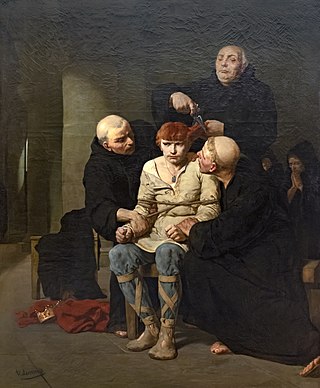
Year 737 (DCCXXXVII) was a common year starting on Tuesday of the Julian calendar. The denomination 737 for this year has been used since the early medieval period, when the Anno Domini calendar era became the prevalent method in Europe for naming.
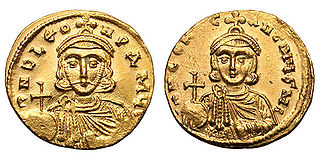
Year 717 (DCCXVII) was a common year starting on Friday of the Julian calendar. The denomination 717 for this year has been used since the early medieval period, when the Anno Domini calendar era became the prevalent method in Europe for naming years.
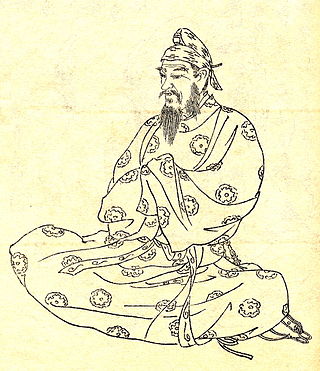
Year 720 (DCCXX) was a leap year starting on Monday of the Julian calendar. The denomination 720 for this year has been used since the early medieval period, when the Anno Domini calendar era became the prevalent method in Europe for naming years.
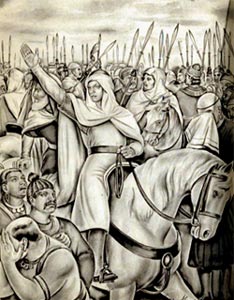
Year 711 (DCCXI) was a common year starting on Thursday of the Julian calendar. The denomination 711 for this year has been used since the early medieval period, when the Anno Domini calendar era became the prevalent method in Europe for naming years.

Year 713 (DCCXIII) was a common year starting on Sunday of the Julian calendar, the 713th year of the Common Era (CE) and Anno Domini (AD) designations, the 713th year of the 1st millennium, the 13th year of the 8th century, and the 4th year of the 710s decade. The denomination 713 for this year has been used since the early medieval period, when the Anno Domini calendar era became the prevalent method in Europe for naming years.

Year 716 (DCCXVI) was a leap year starting on Wednesday of the Julian calendar, the 716th year of the Common Era (CE) and Anno Domini (AD) designations, the 716th year of the 1st millennium, the 16th year of the 8th century, and the 7th year of the 710s decade. The denomination 716 for this year has been used since the early medieval period, when the Anno Domini calendar era became the prevalent method in Europe for naming years.

Year 719 (DCCXIX) was a common year starting on Sunday of the Julian calendar, the 719th year of the Common Era (CE) and Anno Domini (AD) designations, the 719th year of the 1st millennium, the 19th year of the 8th century, and the 10th and last year of the 710s decade. The denomination 719 for this year has been used since the early medieval period, when the Anno Domini calendar era became the prevalent method in Europe for naming years.
Year 640 (DCXL) was a leap year starting on Saturday of the Julian calendar. The denomination 640 for this year has been used since the early medieval period, when the Anno Domini calendar era became the prevalent method in Europe for naming years.

Year 733 (DCCXXXIII) was a common year starting on Thursday of the Julian calendar. The denomination 733 for this year has been used since the early medieval period, when the Anno Domini calendar era became the prevalent method in Europe for naming years.

Year 721 (DCCXXI) was a common year starting on Wednesday of the Julian calendar. The denomination 721 for this year has been used since the early medieval period, when the Anno Domini calendar era became the prevalent method in Europe for naming years.

The Muslim conquest of the Iberian Peninsula, also known as the Arab conquest of Spain, was the Umayyad conquest of the Visigothic Kingdom of Hispania in the early 8th century. The conquest resulted in the end of Christian rule in most of Iberia and the establishment of Muslim Arab-Moorish rule in that territory, which came to be known as al-Andalus, under the Umayyad dynasty.
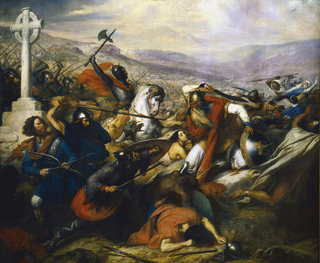
The Umayyad invasion of Gaul, also known as the Islamic invasion of Gaul, refers to a series of military campaigns by Muslim forces to expand their territory into the region of Gaul, a continuation of the Umayyad conquest of the Iberian peninsula (711-726). The Umayyad invasion occurred in two phases, in 719 and 732 AD. Although the Umayyads secured control of Septimania, their incursions beyond this into the Loire and Rhône valleys failed. In 759, Muslim forces lost Septimania to the Christian Frankish Empire and retreated to the Iberian Peninsula which they called al-Andalus.

The siege of Narbonne took place in France between 752 and 759, led by the Frankish king Pepin the Short against the Umayyad stronghold defended by an garrison of Arab and Berber Muslim troops who had invaded Septimania and occupied the Visigothic Kingdom and its Gallo-Roman inhabitants since 719. The siege remained as a key battlefield in the context of the Carolingian expedition south to Provence and Septimania starting in 752.














